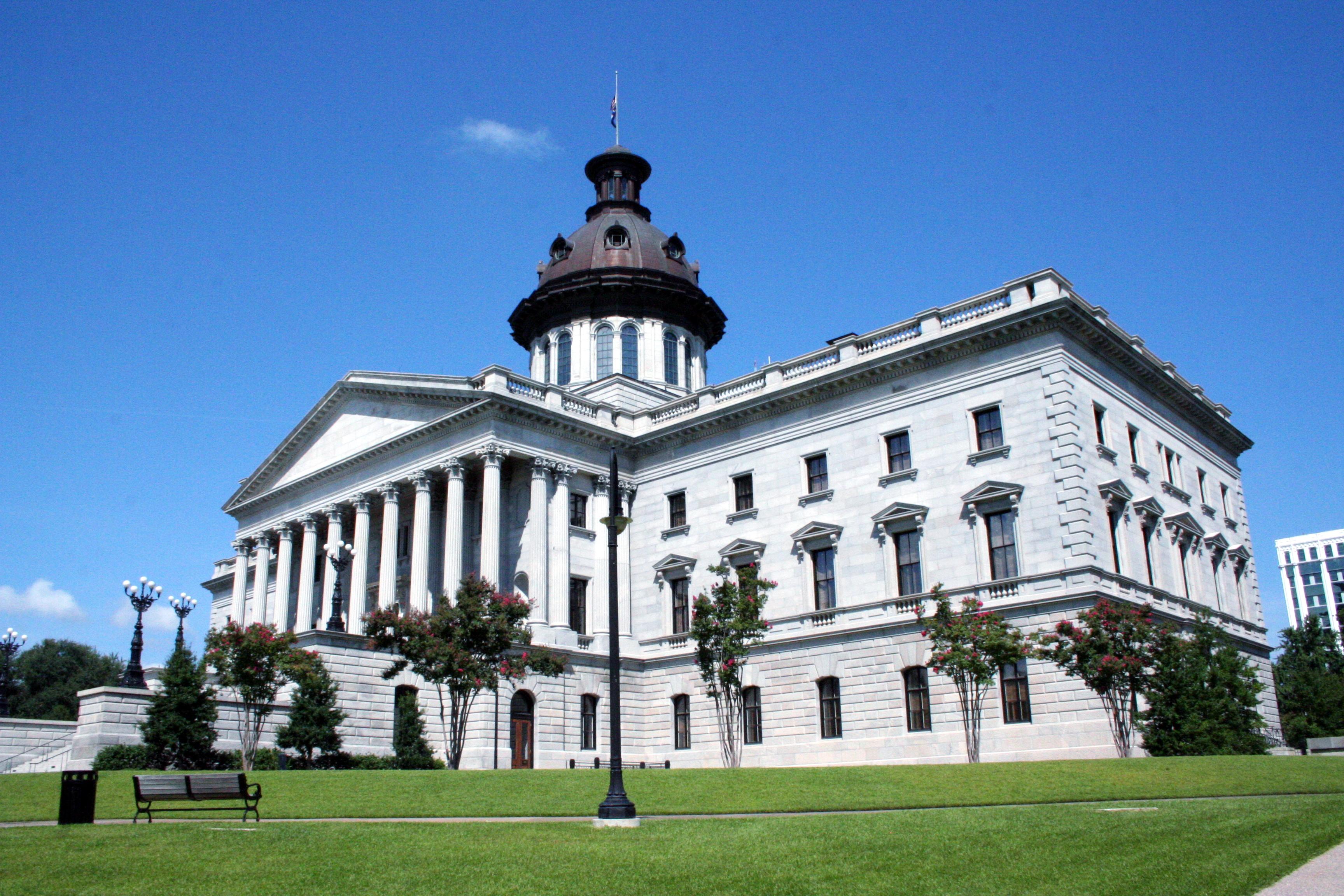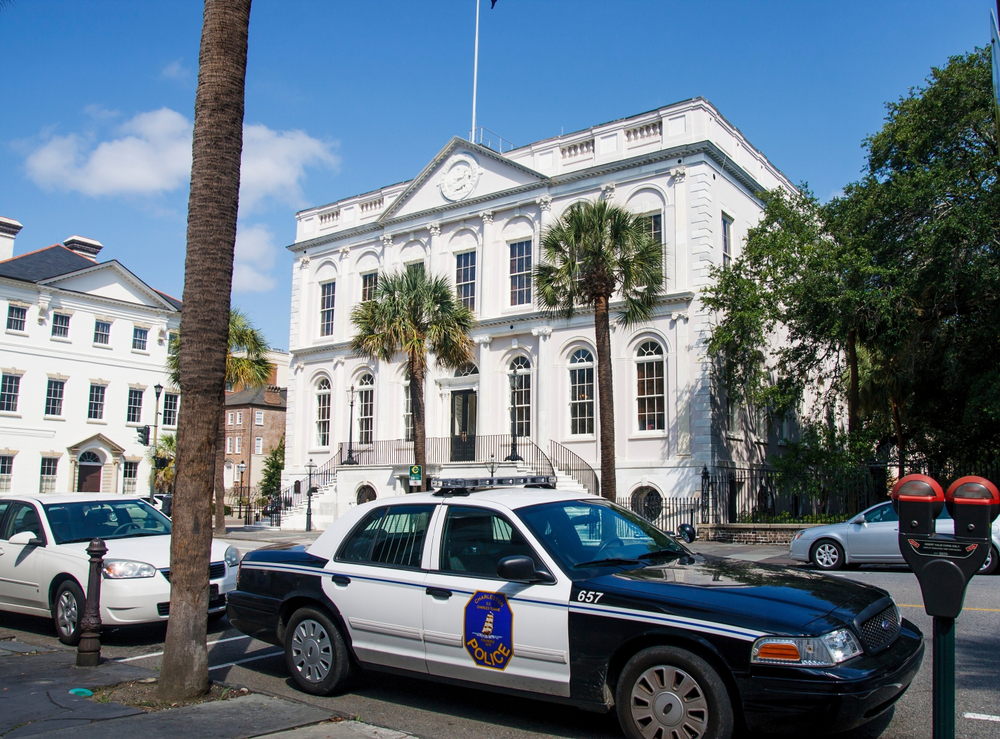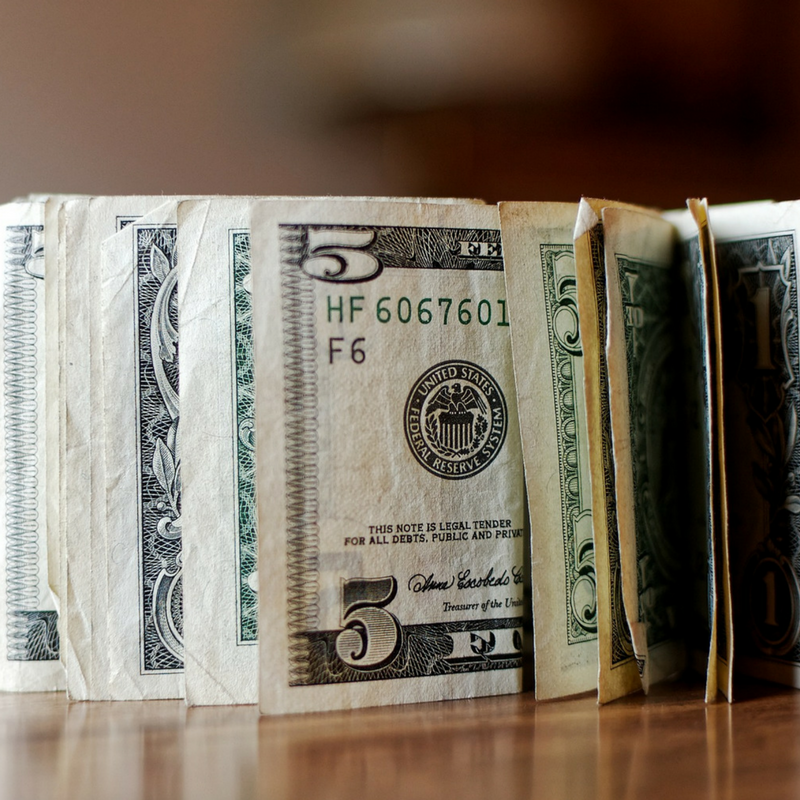South Carolina on the verge of removing obstacles to work for military spouses

On Thursday, H.3263\S.455 passed through conference committee and now awaits ratification and a signature by the Governor. Once signed into law, the new statue will allow the state to issue a temporary professional or occupational license to spouses of military service members who move to South Carolina with an existing license from another state. This








